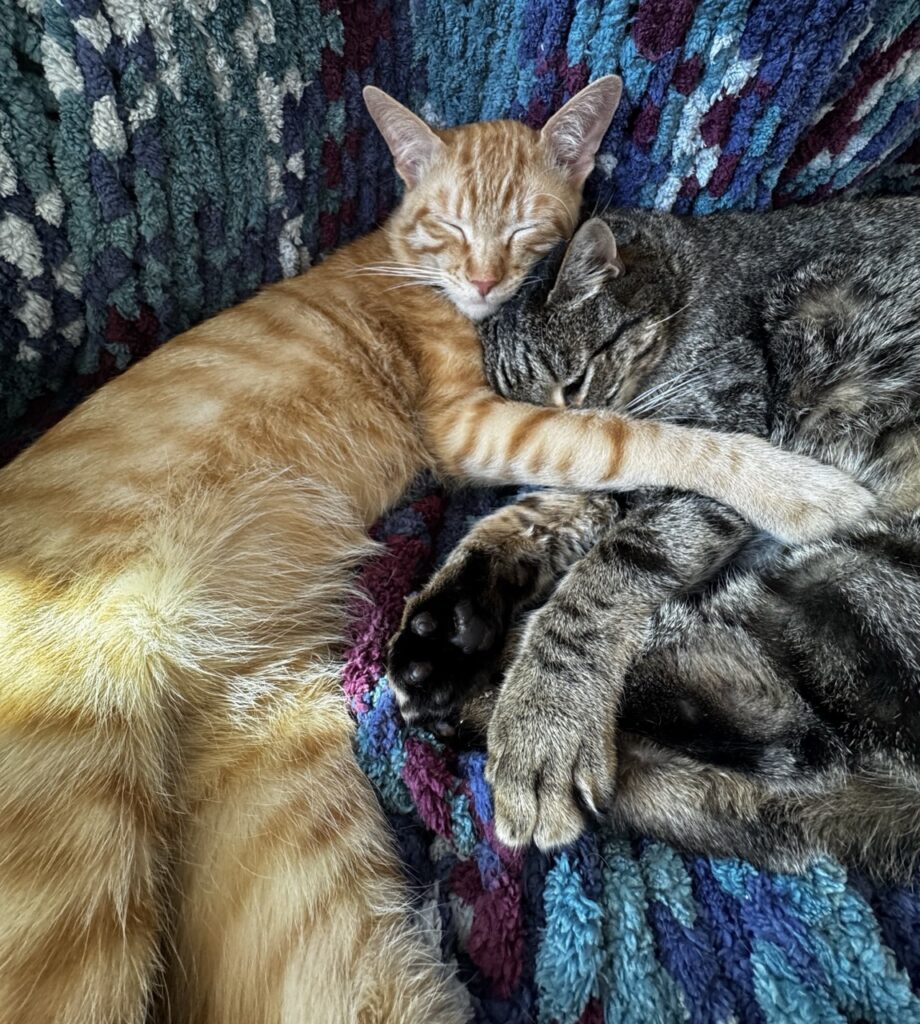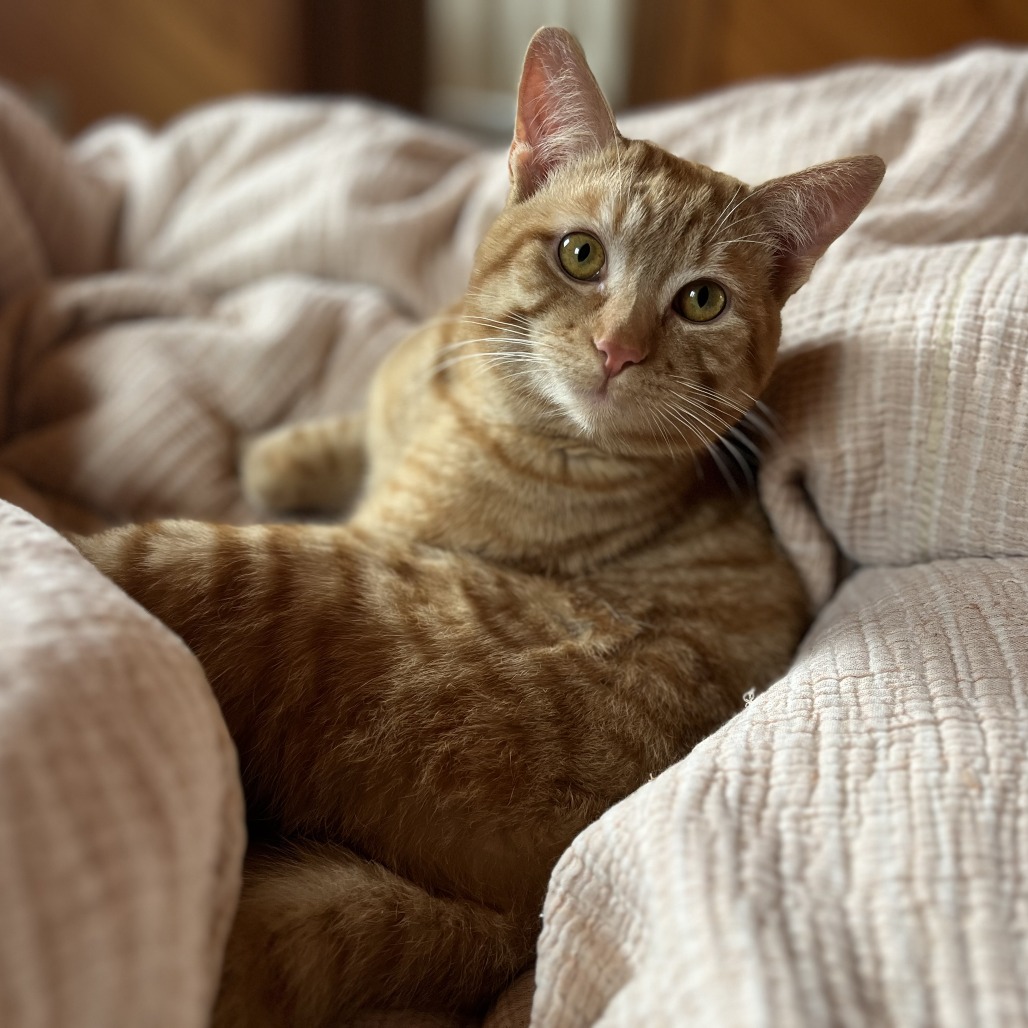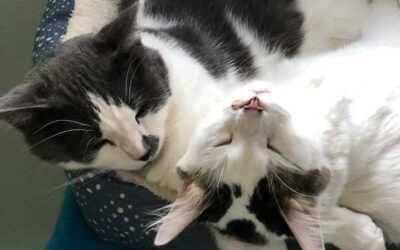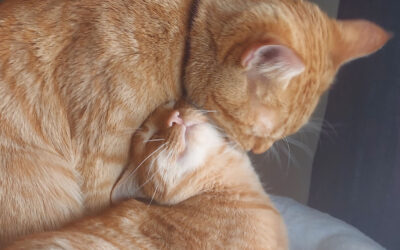When Gemini, a young catolescent, was surrendered to Happy Cats Haven, his previous family was heartbroken. Despite being sweet, affectionate, and full of charm, Gemini had a persistent issue: he couldn’t stop urine marking throughout the house—even after being neutered. His family tried everything recommended by veterinarians and behaviorists, but nothing worked. Eventually, with heavy hearts, they made the difficult decision to bring him to the shelter.
 At Happy Cats Haven, Gemini continued to mark outside his litter box. But our staff noticed something odd—his urine had an unusually strong odor, far more intense than what’s typical for a neutered cat. This raised a red flag.
At Happy Cats Haven, Gemini continued to mark outside his litter box. But our staff noticed something odd—his urine had an unusually strong odor, far more intense than what’s typical for a neutered cat. This raised a red flag.
Our veterinarian suspected that the problem might not be purely behavioral after all, but potentially medical. To be sure, she performed exploratory surgery to confirm that Gemini had been fully neutered.
That’s when we discovered the surprise: Gemini had a third testicle, hidden in his abdomen. This rare condition, known as polyorchidism, can occur in male animals. When an extra testicle remains undetected and unremoved, the animal can continue producing hormones like an intact male. In Gemini’s case, that meant ongoing territorial urine marking—even though he technically had been neutered.
After the surgery to remove the retained testicle, something amazing happened: Gemini stopped marking almost immediately. Within days, he was consistently using his litter box and showing no signs of his previous behavior.
Soon after, Gemini was adopted by one of our wonderful volunteers. In his new forever home, he’s thriving—affectionate, playful, always ready for cuddles and companionship. His new cat mom shared, “Thank you again for all that you do and for allowing me to bring this sweet soul into my home.”
Gemini’s story is a powerful reminder that behavioral issues in cats can sometimes stem from underlying medical conditions. If your cat is exhibiting unusual behavior, especially related to the litter box, don’t hesitate to consult your veterinarian. A thorough check-up may reveal something unexpected—and potentially life-changing for your cat.





